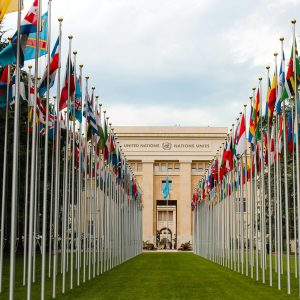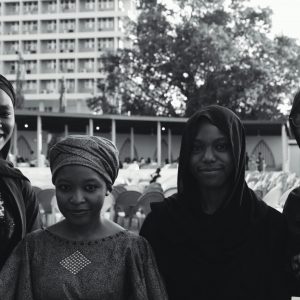Belgian organization highlights role of Europe’s forgotten Muslim soldiers
Research uncovers pivotal role of Muslim soldiers in World War I, highlighting their contributions
BRUSSELS (MNTV) — Millions of Muslim soldiers fought for the Allied forces during World War I, but their contributions have been largely overlooked in the annals of history.
New research is shedding light on the critical role these soldiers played and highlighting their stories of courage and camaraderie that stand in stark contrast to the growing anti-Islamic sentiment in Europe today.
Muslims from across the British, French, and Russian empires served alongside Western soldiers in some of the bloodiest battles of the war.
The 2.5 million Muslim soldiers, including those from India, North Africa, and the Ottoman Empire, fought not only against external enemies but also navigated the complexities of their own religious and cultural identities amid the horrors of trench warfare.
The men who served on the Western Front, many of them Muslims, were often volunteers, sent to support exhausted Western troops.
Their contributions were pivotal during major engagements, including the First Battle of Ypres in 1914.
While these soldiers faced unimaginable violence, they also forged bonds of respect and solidarity, despite vast cultural and religious differences.
Personal diaries from these soldiers reveal heartwarming tales of Muslims, Christians, and Jews sharing food, music, and even religious practices in the trenches, showcasing an unexpected unity in one of the darkest times in history.
The Forgotten Heroes 14-19 Foundation, a Belgian organization dedicated to preserving the memory of these soldiers, has been at the forefront of this rediscovery.
Founder Luc Ferrier, who was inspired by his great-grandfather’s writings, aims to correct the historical narrative.
He argues that highlighting these stories can not only recognize their sacrifice but also challenge the rise of nationalism and xenophobia in Europe today.
Though these soldiers’ contributions have been buried under the weight of post-war narratives, their stories are slowly coming to light.
Memorials across Europe, including in France and Belgium, honor these fallen heroes.
However, some of these sites, such as Notre Dame de Lorette, have been vandalized by anti-Muslim graffiti, underscoring the continued challenges Muslims face in Europe.
In an era marked by rising populism and growing fears of Islamophobia, the work to uncover the stories of Muslim soldiers serves as a reminder that shared history can be a powerful antidote to division.
Recognizing these forgotten heroes is a vital step toward fostering a more inclusive European identity and combating the polarization that threatens to fragment society.








